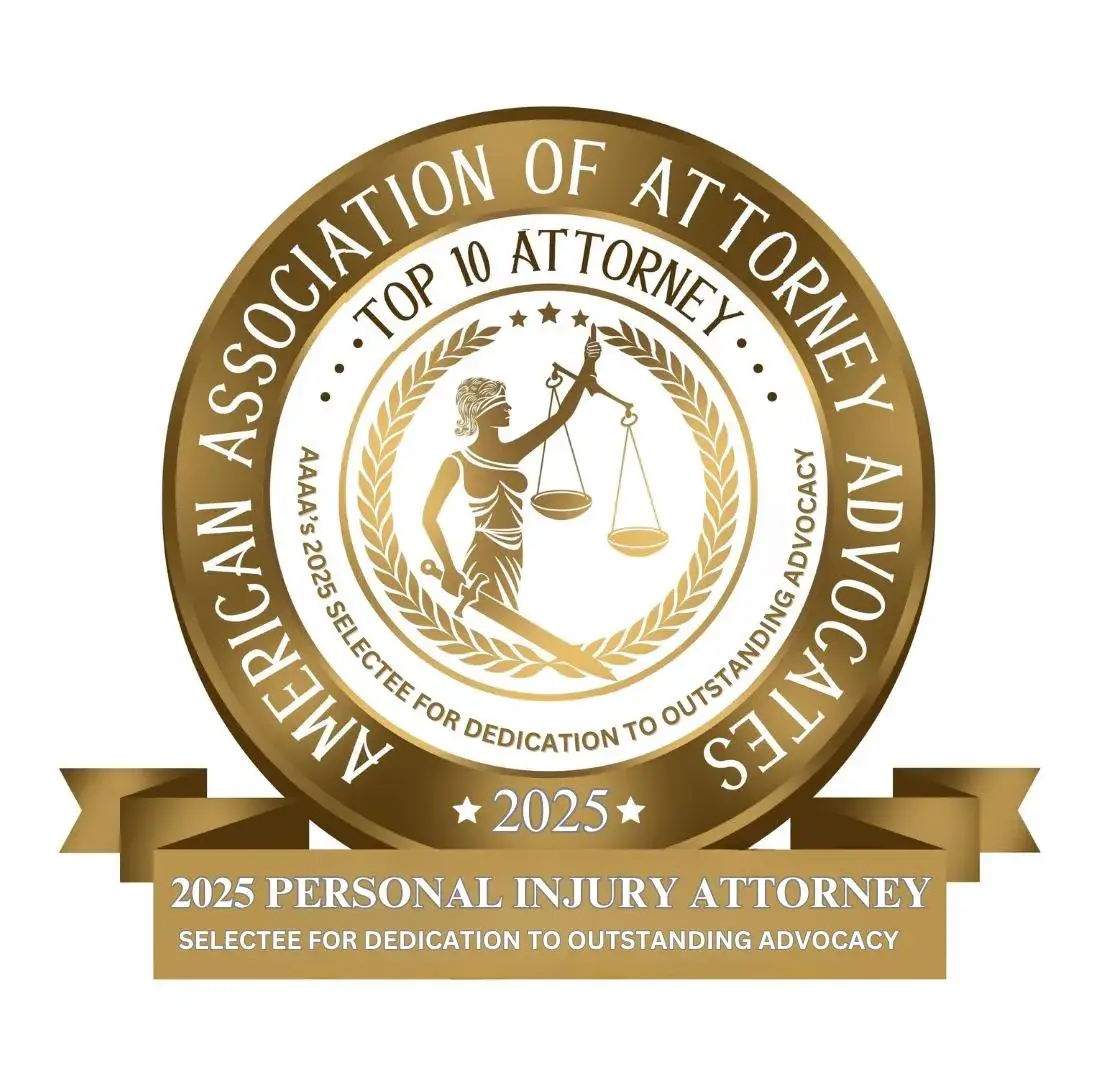The Federal Tort Claims Act
In 1999, a woman named Kwai Fun Wong was strip-searched while held in an Oregon immigration detention center when the U.S. government concluded that she had entered the country illegally. As she spent her time detained at the Multnomah County Jail in Portland, the strip-search occurred as well as having her request for vegetarian food rejected. In another incident, Anthony Booth was killed in 2005 in a car accident on a federal highway in Arizona. The median barrier was defective and contributed to his death (Hurley).
Due to something called the Federal Tort Claims Act, cases could be filed on their behalf against the federal government. However, you may wonder, what is the Federal Tort Claims Act?
Let’s face it – accidents can happen in any setting. If they happen in a federal government setting, then you may be able to sue the federal government under something known as the Federal Tort Claims Act (FTCA). For years, Sovereign Immunity has stated that you cannot sue the government unless they allow it. However, under the FTCA, certain types of lawsuits can be made against them when negligence has taken place. Here are some general guidelines that show the limits for FTCA claims:
- Only those employed by the federal government can be sued under the FTCA.
- The negligence or wrongful conduct must have taken place in the scope of the defendant’s employment.
- The claim must be based on the law of the state in which the misconduct occurred.
How Does the Administrative Claim Process Work?
When your claim is being reviewed by the federal agency after alleged misconduct has taken place, it is known as an “administrative claim.” There are some general things that you must keep in mind when it comes to these claims. For one, you must file your claim within two years so that you can avoid any chance of it being rejected if you don’t. You must include facts and damages in your claim as well as the exact amount of money damages you are claiming through the SF 95 Form, which can be found on the Department of Justice’s website. The agency will then have six months to respond, where they could either “admit” your claim or take the matter to court.
If matters have to be settled in court, you will have six months to file a lawsuit. You should always file your lawsuit in a timely manner so that you can avoid any chance of having your lawsuit dismissed. However, you do not have to sue until the agency rules on your claim. If your claim is being considered, you may want to wait and see what happens and if your demands are met. The lawsuit must be filed in the United States District Court either where you live or where your claim arose.
Getting an Attorney For the Process
FTCA can be a highly complex law on its own, despite the fact that federal courts try very hard to be extremely fair to those who are unrepresented in court. Unrepresented plaintiffs may end up in a situation where they have no idea what is happening in their case and have unanswered questions (Goguen). It may be a good idea to have an attorney representing you during this process to help you get the injury damages that you deserve. Call Maggiano, DiGirolamo & Lizzi today if you have been injured and feel you have a claim against the federal government. You have rights and deserve fair compensation for your injuries.
Works Cited:
Lawrence Hurley. Huffpost Online; Reuters, 2015. Web. Accessed Jan 27, 2015. http://www.huffingtonpost.com/2015/04/22/sue-the-government_n_7117462.html
David Goguen. Nolo, 2015. Web. Accessed Jan 27, 2015. http://www.nolo.com/legal-encyclopedia/suing-government-negligence-FTCA-29705.html


















